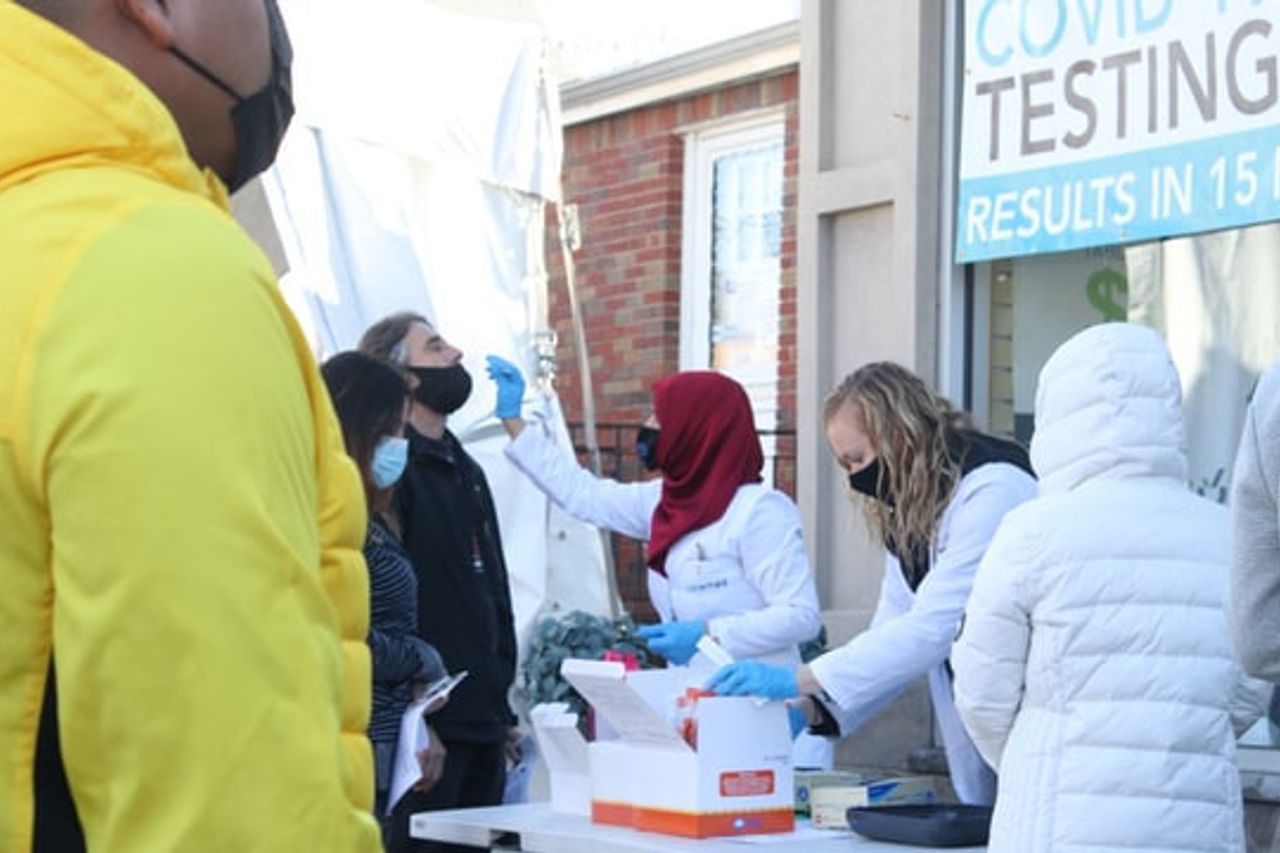Bad Data Collection For COVID-19 Cases Has An Impact On The Government's Failure To Issue Policies

JAKARTA - Thursday, December 3, the number of additional COVID-19 cases touched the number 8,369. Papua is one of the biggest contributors to COVID-19 cases, namely 1,755 cases.
Wiku Adisasmito, the COVID-19 Task Force Team, said that the high cases in Papua and even overtaking DKI Jakarta and West Java were not the daily number of cases but the accumulation since two weeks ago or November 19.
"Papua today reported 1,755 new cases, which are the accumulation of additional COVID-19 cases from November 19 to today," Wiku said in a press conference broadcast on the Presidential Secretariat YouTube account, Thursday, December 3.
This means, if divided by 14 days, then per day, Papua can report approximately 125 cases of COVID-19. However, during the past two weeks, Papua often did not register new cases. Or even if a new case is registered, the figure is often under 10 cases.
Wiku explained that the inclusion of this accumulated figure was due to the inadequate system used to accommodate real-time data recording, reporting, and validation of COVID-19 case data. Thus, some of the new cases that have come in are the result of the accumulation of some previous time.
In order to prevent this from happening again, he asked local governments to immediately consolidate their data with the central government.
"To local governments that still have differences in data, we urge us to consolidate data directly with the central government and local governments as soon as possible," he said.
Epidemiologist from Australia's Griffith University, Dicky Budiman assessed that this kind of reasoning is not appropriate and is considered to make public trust in the data presented by the government less trusted. Moreover, Indonesia did not just face the COVID-19 pandemic yesterday, but it has been for 10 months.
"We've been 10 months. So this data problem cannot always be an excuse," said Dicky when contacted by VOI.
He said, confusing data like this was nothing new because, since this pandemic occurred, the government had never reported it in real-time.
"Data on reported cases, from the past Indonesia has never reported accurately. No reports were tested today, today came out. So what Pak Wiku said was nothing new," he said.
Furthermore, Dicky said, this case of confusing data made the government fail to assess the COVID-19 pandemic, which should be based on data in dealing with this virus.
The failure to assess this pandemic, he continued, also resulted in the failure of the government to issue policies and solutions related to handling this virus. In fact, he considered, Indonesia was entering a serious situation due to the increasing movement of COVID-19 cases and the positivity rate that had not yet met World Health Organization (WHO) standards, which should have been below five percent.
"If it is not taken seriously, it means that there is a failure in assessing the situation and will result in failure to take steps to solve this policy which has occurred for a long time and cannot continue," he said.
